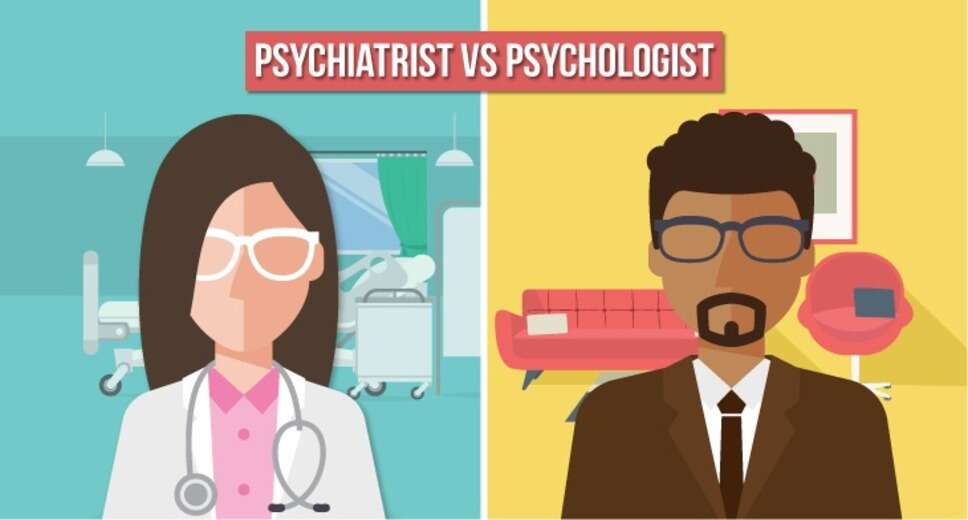Psychologist vs. Psychiatrist: A Comprehensive Guide to Their Education and Practices

Are you captivated by the intricacies of the human mind? If you're considering a career studying the complexities of the brain and its connection to mental health, you'll likely face a crucial career choice: psychologist vs. psychiatrist. While both psychologists and psychiatrists collaborate to enhance mental well-being, their roles and educational paths differ significantly. It's not uncommon for people to confuse these two professions, as they both possess an understanding of how the brain and our emotions, thoughts, and sensations function. Both also utilize psychological interventions, such as talk therapy, to address mental health issues. However, the primary distinction lies in their educational backgrounds and medical expertise.

Psychiatrists: The Medical Specialists
Psychiatrists are medical doctors who specialize in identifying and treating mental illnesses. They have completed general medical training, which typically involves earning a Bachelor's degree, pursuing a Doctor of Medicine (MD) degree, and obtaining a medical license. After this, they undergo specialized training in mental health. Additionally, psychiatrists complete a 1 to 1.5-year internship before becoming full-fledged psychiatrists. One crucial aspect that sets them apart is their ability to prescribe medication to manage mental health conditions effectively.

Psychologists: Experts in Psychology
Psychologists, on the other hand, earn a Doctor of Philosophy (PhD) in Psychology. This typically involves 5-7 years of rigorous study and practice. While psychologists can hold the title of "doctor," they are not medical specialists and do not have the authority to prescribe medication. Instead, their treatments revolve around psychotherapy, talk sessions, group activities, counseling, and various psychological interventions.
Choosing the Right Path for Mental Health
When deciding between a psychiatrist and a psychologist, the nature of the mental health concerns at hand is a crucial factor. If someone you care about is experiencing high levels of stress or showing signs of anxiety or depression, consulting a psychologist is often a recommended first step. Psychologists specialize in helping individuals manage their mental health through therapeutic sessions and psychological techniques.
On the other hand, when dealing with severe mental illnesses characterized by extreme mood swings, behavioral disturbances, and significant disruptions in daily life, seeking the expertise of a psychiatrist is advisable. Psychiatrists are equipped to provide immediate treatment and, when necessary, prescribe medication to address complex mental health challenges.
In summary, while both psychologists and psychiatrists play vital roles in the realm of mental health, their paths and areas of expertise differ. Your choice between the two should be based on the specific mental health concerns you are dealing with. Whether you seek the empathetic guidance of a psychologist or the medical expertise of a psychiatrist, both professionals are dedicated to improving the mental well-being and quality of life of their patients.
